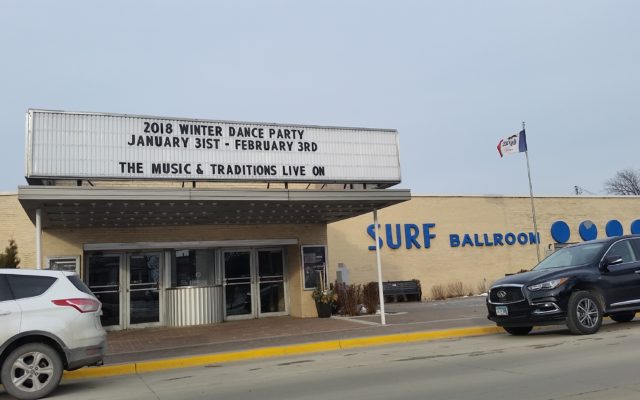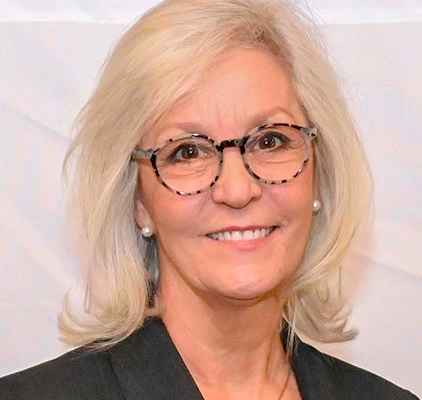Report positive for boutique-style hotel to be placed in Surf District in Clear Lake

CLEAR LAKE — A feasibility report shows positive things in placing a boutique-style hotel in the Surf District in Clear Lake.
The City of Clear Lake had approved financing for the study in May by Patek Hospitality Consultants of Sussex Wisconsin about a hotel being part of a potential redevelopment project within the Surf District, with the study being part of the city’s application for a “Destination Iowa” grant from the Iowa Department of Economic Development.
The city’s director of finance and administrative services Creighton Schmidt says the study shows with the hotel’s placement next to the Surf, it would be a market leader. “A hotel like this really can command the rates for the market because it is unique, it is an upscale hotel, they would be able to be the rate leader in the market. Of course, where it’s positioned, and what we are as Clear Lake, would allow for many leisure guests to utilize the hotel, the events that are going on at the Surf, those guests would be staying at this hotel.”
Schmidt says hotels driven to cater to recreation and entertainment are more successful in today’s hospitality services market. “Although there’s been a big decline industry-wide, the hotels that have done the best are the hotels that have more of the leisure guests. It’s been the business traveler and group business that’s really declined, while leisure travel has continued to remain strong, especially after those first few months of the pandemic. In places like Florida, South Carolina, those vacation destinations, the hotels have done really well.”
Schmidt says the addition of a destination hotel would also help with the city’s hotel-motel tax revenues. “We’ve noticed over the last few years, we’ve continued to grow our hotel-motel tax, and believe that would continue over the next few years, and continue to hit record numbers year after year.”
The city will now use the study as part of their “Destination Iowa” grant application. The $100 million state project is funded by American Rescue Plan Act money that provides grants for transformational, shovel-ready attractions.




